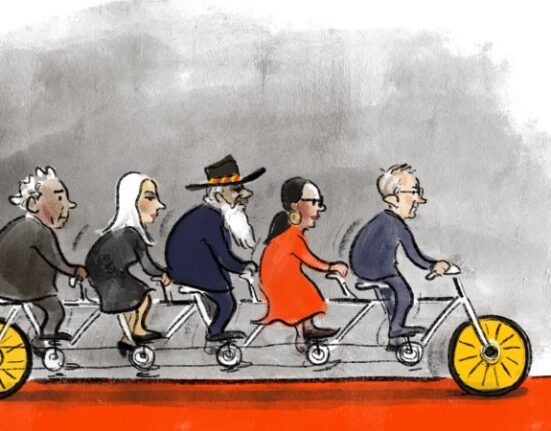In the lead-up to the 2024 elections in Queensland, Australia, a pervasive narrative dominated by commercial news channels such as 7, 9, and occasionally 10, as well as outlets like Sky News and The Courier Mail, focused on the alarming levels of youth crime in the region.
The continuous coverage painted a picture of near-epidemic proportions of criminal activities involving young individuals, shaping public perceptions and fueling concerns within the community..
The intensive media spotlight on youth crime in Queensland for a span of three years created a sense of urgency and fear among residents, with the relentless coverage impacting public discourse and policy debates.
The saturation of negative news stories perpetuated stereotypes and stigmas around young people, particularly those from marginalized backgrounds, exacerbating social tensions and prompting calls for stringent measures to address the perceived crisis.
This narrative underscored the power dynamics within media landscapes and their influence on shaping public opinion and political agendas..
The pervasive focus on youth crime in Queensland by mainstream media outlets mirrors broader trends in sensationalist reporting and the perpetuation of negative stereotypes in news coverage.
Such narratives often overlook systemic issues such as poverty, inequality, and lack of opportunities that contribute to the vulnerabilities faced by young people, diverting attention from addressing root causes and implementing holistic solutions.
The disproportionate emphasis on crime news can further marginalize already vulnerable communities and hinder efforts to foster understanding and support for youth development programs and social interventions..
As Queenslanders navigate the aftermath of the intense media scrutiny on youth crime leading up to the 2024 elections, there is a pressing need to critically assess the impact of such narratives on community perceptions and policy responses.
Moving forward, fostering a more nuanced and balanced approach to reporting on social issues, including youth crime, can contribute to promoting empathy, understanding, and evidence-based solutions that prioritize the well-being and empowerment of all individuals, especially marginalized youth..









Leave feedback about this